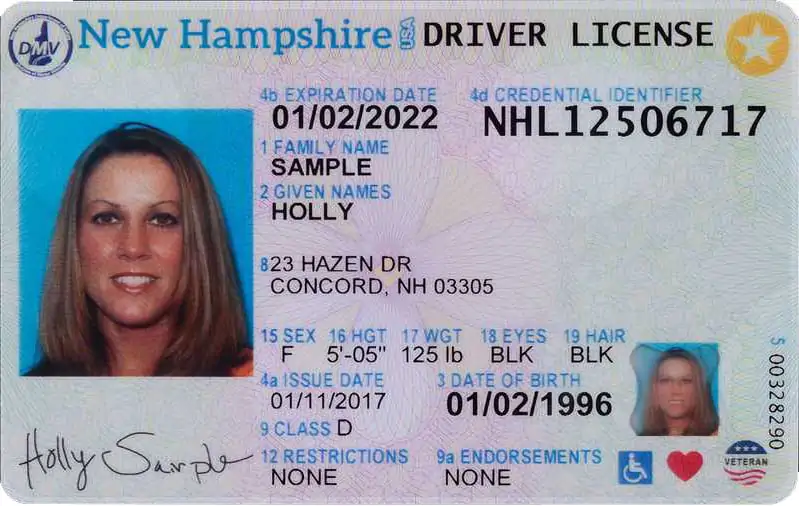New Hampshire
ID Scanning Laws
New Hampshire, known for its picturesque landscapes and rich history, also has a unique stance when it comes to ID scanning laws and regulations. Unlike most states in the U.S., New Hampshire explicitly prohibits most instances of ID scanning. However, this could change with the current legislative review of Law SB311, which, if passed, would allow ID scanning in the state.




New Hampshire State Legislature
ID Scanning Resources
The Legal Framework
New Hampshire ID Scanning Laws and Regulations
The Current Law
As it stands, New Hampshire law prohibits anyone from knowingly scanning, recording, retaining, or storing in electronic format personal information obtained from a driver’s license, unless authorized by the New Hampshire Department of Motor Vehicles (DMV). This law is unique to New Hampshire and has significant implications for businesses, particularly those in the hospitality industry, such as hotels.
However, there is a “Safe Harbor” provision. A business is deemed to have received authorization for scanning as long as the scanner does not visibly identify personal information other than the driver’s license number and name, and the scanner does not retain, store (whether locally or remotely), or transfer personal information other than the driver’s license number and name.
The Proposed Changes
Law SB311, currently under legislative review, proposes to reverse the existing prohibitions on ID scanning. The proposed law would allow the scanning, recording, retaining, or storing of personal information in electronic form collected with the license holder’s consent as part of a sale of merchandise to a pawnbroker or other secondhand dealer, and submission of such information to law enforcement databases for the sole purpose of identifying sellers of stolen merchandise.
Implications for Hotels
For hotels in New Hampshire, these laws and potential changes have significant implications. Currently, hotels cannot scan IDs unless they meet the “Safe Harbor” conditions. This can limit their ability to quickly and efficiently verify the identity of guests, particularly in situations where quick verification is necessary, such as large events or busy check-in periods.
If Law SB311 is passed, it could potentially allow hotels to scan IDs, provided they obtain the license holder’s consent. This could streamline operations and improve security measures. However, it’s important to note that the proposed law is still under review and has not yet been passed.
Penalties and Consequences
Violating these laws can result in serious consequences. Under New Hampshire Statute, Title XIII, it is a misdemeanor to knowingly scan, record, retain, or store, in any electronic form or format, personal information obtained from any license, unless authorized by the department. Penalties can range from fines to imprisonment, depending on the severity and frequency of the violations.
Please note that this information is intended to provide a general overview and does not constitute legal advice. Always consult with a legal professional for advice specific to your situation
New Hampshire Anti-Trafficking Network
Our Fight Against Human Trafficking



Knowledge Base
Frequently Asked Questions
Currently, most instances of ID scanning are prohibited in New Hampshire. However, a hotel may scan an ID if it meets the "Safe Harbor" conditions.
The current law does not specify a time limit for retaining the information obtained from an ID scan. However, the scanner must not retain, store (whether locally or remotely), or transfer personal information other than the driver’s license number and name.
Unlawfully using a license or identification card in New Hampshire is considered a misdemeanor and can result in fines or imprisonment.
Hotels selling age-restricted items, such as alcohol, must verify the age of the customer. This can be done by visually checking the ID. However, scanning the ID is currently prohibited unless the "Safe Harbor" conditions are met.
As of my knowledge cutoff in September 2021, there is no New Hampshire Revised Statute 60-4.111.01. Please consult the latest legal resources or a legal professional for the most current information.
As of my knowledge cutoff in September 2021, there is no New Hampshire Revised Statute 53-180.05. Please consult the latest legal resources or a legal professional for the most current information.
